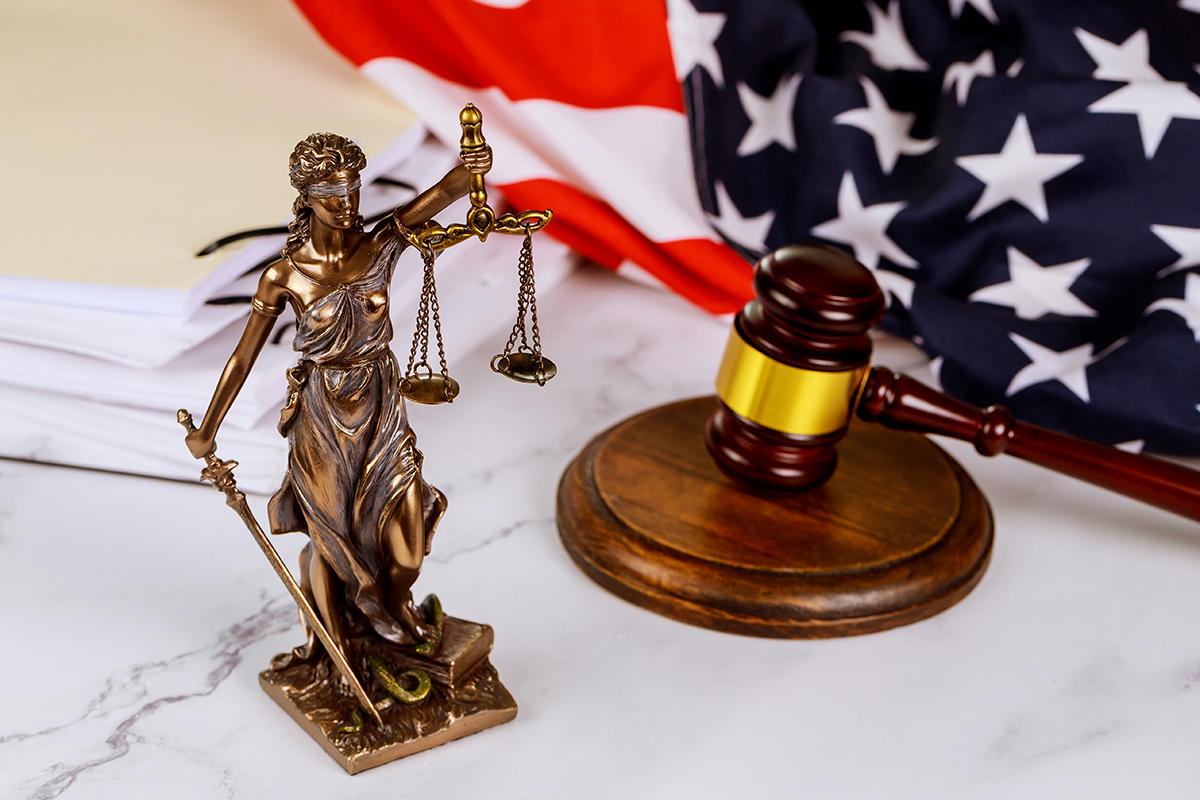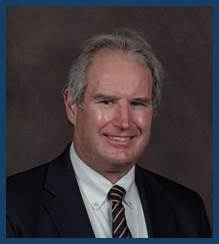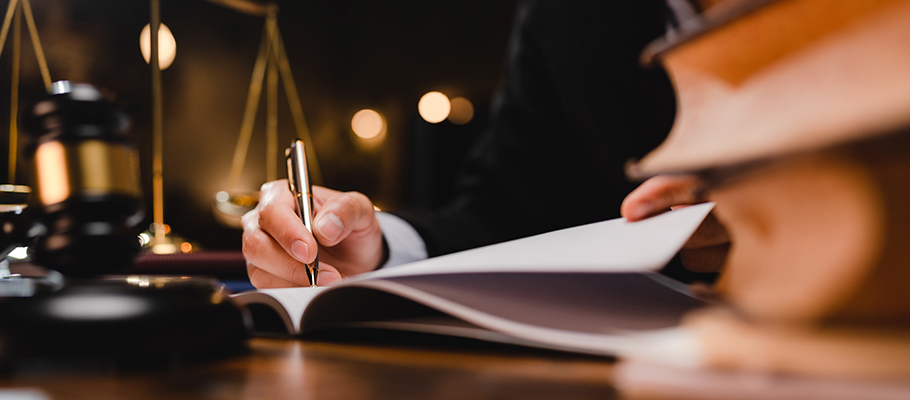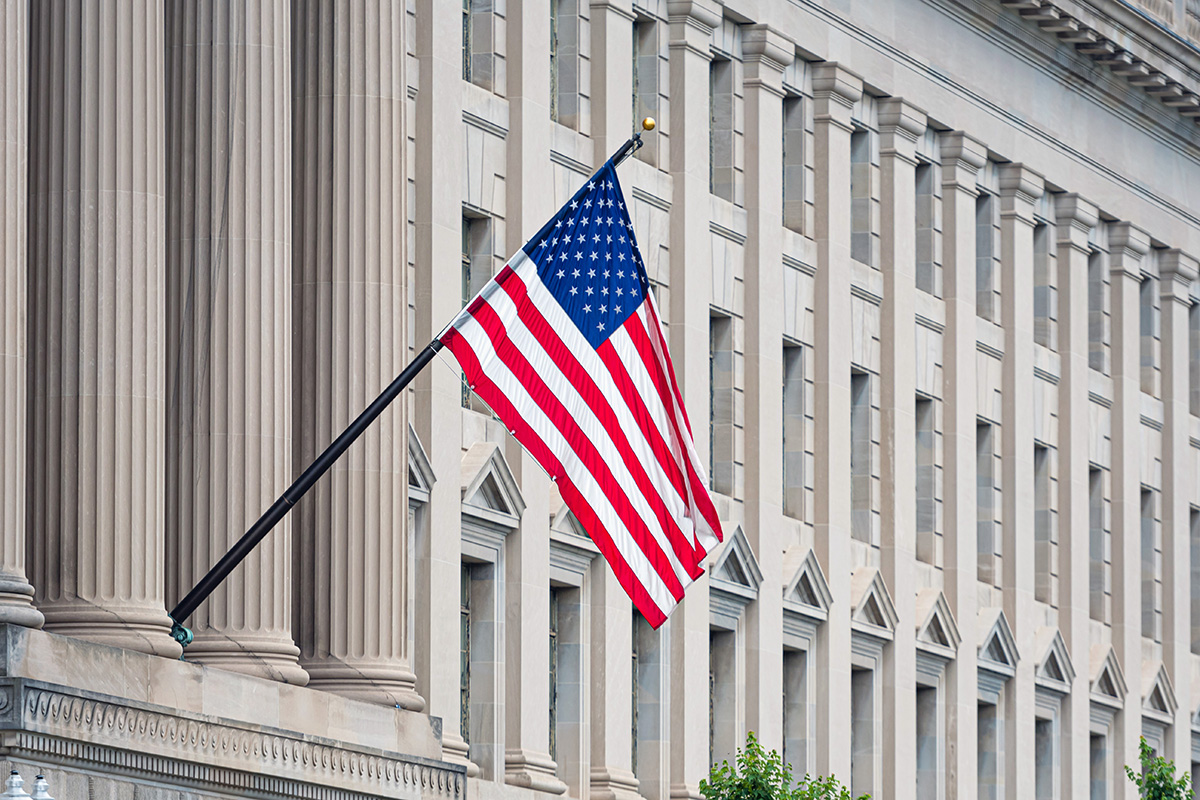
Security Expert Witness
What is an expert witness?
An expert witness is an individual who testifies and gives an opinion in court based on their expertise in a particular discipline. They have extensive knowledge that is above that of an average citizen. They do not give an opinion to support a side’s argument. Instead, they give an impartial opinion in terms that the jurors can comprehend. This opinion helps the jury understand the evidence presented in a case and make their decision.
Contact us to speak with an Expert Witness today or call us at (407) 385-9167
CONTACT US FOR FREE CONSULTATION
What is the role of an expert witness?
The primary role of an expert witness is to present an unbiased, honest, and independent opinion to the court. Their opinion is based on the evidence presented and on their knowledge in the field discussed. The expert witness completes an Expert Witness’s Report, which will be available for the court and the other party to view. An expert witness is expected to follow any rules or orders in the court. While an expert witness’ court fees are covered by a party, they must remain objective. If an expert witness appears to be biased, that evidence will be discounted. If the client is pressuring an expert witness to alter their report, an expert witness will deny this request and may discontinue their role.
The role of an expert witness is not to:
- Negotiate
- Accept incentives based on the conclusion of the case. This is because it could contradict the requirement of having an independent opinion. Having an incentive such as conditional payments may tempt the expert witness to help confirm an argument.
- Give an opinion in a discipline that they are not competent in
- Give advice for the case
- Agree to be an expert witness when there is a conflict of interest.
When Are Expert Witnesses Used?
Expert witnesses are used in legal cases when the issues at hand require specialized knowledge to interpret accurately. This often includes:
- Negligent security or premises liability claims
- Workplace violence or employee misconduct cases
- Criminal matters involving force, threat assessments, or tactical decisions
- Insurance disputes and risk management failures
In both civil and criminal courts, expert witnesses help bridge the gap between technical security operations and legal arguments. Their insight can shape case strategies, settlement negotiations, and courtroom outcomes.
What Is An Expert Witness In Court?
In court, an expert witness serves as an independent party who provides testimony under oath. Their qualifications are first evaluated by the judge, and once accepted, they may offer opinions based on their expertise, review of case materials, and established best practices.
Unlike fact witnesses who testify about what they personally saw or heard, expert witnesses testify about what should have happened, based on industry norms, risk assessments, and experience. Their courtroom presence often includes explaining findings to the jury in clear, accessible language.
SSMC’s security consultants are well-versed in court proceedings and trained to communicate complex security evaluations with clarity, neutrality, and professionalism.
Why Are Expert Witnesses Important?
The importance of expert witnesses lies in their ability to bring clarity and credibility to technical or specialized matters within a legal case. Judges and juries often lack the professional background required to assess whether certain actions met industry standards, especially in areas like security operations, threat mitigation, or safety planning.
Expert witnesses bring clarity to complex issues by applying their professional judgment and practical experience. Their insight can highlight where standards were met or where they broke down, giving the court a dependable way to evaluate facts that require more than common knowledge.
Ultimately, the importance of an expert witness hinges on trust: courts rely on their insights to make informed decisions regarding liability, causation, and damages.
Federal Rule Of Evidence 702
The Federal Rule of Evidence 702 governs the admissibility of expert witness testimony in U.S. courts. It states that a witness may testify as an expert if:
- Their knowledge, skill, experience, training, or education qualifies them.
- Their testimony is based on sufficient facts or data.
- Their testimony is the product of reliable principles and methods, and
- They have reliably applied those principles and methods to the facts of the case.
Rule 702 ensures that only credible, well-founded expert opinions are presented in court. At SSMC, our expert witness services are always aligned with these standards, offering testimony that meets or exceeds federal evidentiary thresholds.
What Is an Expert Witness Testimony?
Under Federal Rule 702, an expert witness’s testimony is defined as an opinion or explanation provided by someone qualified through knowledge, skill, experience, training, or education, intended to help the court understand technical or specialized issues.
For an expert’s testimony to be admissible, Federal Rule 702 requires that:
- The expert’s knowledge will help the judge or jury understand the evidence or determine a fact in question
- The testimony is based on sufficient facts or data.
- The testimony is the product of reliable principles and methods.
- The expert has applied those methods reliably to the facts of the case.
In practice, expert witness testimony bridges the gap between complex subject matter and legal decision-making. For example, a security expert may testify about whether industry standards for surveillance or staffing were followed during a specific incident.
Federal Rules Of Evidence 703
Federal Rule 703 governs the type of information an expert witness can rely on when forming an opinion for court testimony. While most witnesses are limited to testifying about what they personally observed, expert witnesses are granted more flexibility under this rule.
Federal Rule 703 allows an expert to base their opinion on:
- Facts or data they personally observed
- Information presented to them during the case
- Materials that experts in their field would reasonably rely on, even if those materials are not themselves admissible in court
This is crucial in legal cases involving technical, scientific, or industry-specific evidence. For example, a security expert witness might base their opinion on surveillance footage, incident reports, staffing logs, or national security standards, even if some of that material wouldn’t be admissible on its own.
The purpose of Rule 703 is to give experts the ability to form well-informed, professional opinions using the same types of sources they would rely on outside the courtroom. However, any underlying data that is not admissible must still pass a test of reliability and relevance, especially if it’s central to the expert’s conclusions.
Ultimately, Rule 703 helps courts benefit from expert insight without being limited by strict evidentiary rules that apply to lay witnesses.
Bases Of Expert Witness Opinion
According to Federal Rule 703, expert witnesses are permitted to form and express opinions based on a wide range of sources, even if those sources are not independently admissible in court. This rule acknowledges that experts often rely on industry-standard materials, professional experience, and third-party data when forming conclusions in their field.
Acceptable bases for an expert witness opinion under Federal Rule 703 may include:
- Firsthand observations
- Case-related records or documents
- Data, tests, or reports prepared by others
- Information is typically relied upon by professionals in the same discipline.
For example, a security expert witness might base an opinion on staffing logs, crime statistics, surveillance footage, or internal policies, even if not all of those materials would be admissible in court on their own.
The key requirement is that the underlying information is reasonably relied upon by experts in the same field, ensuring that the testimony remains credible and relevant.
Can an Expert Witness Give Opinions?
Yes, expert witnesses are specifically allowed to give professional opinions in court, provided those opinions meet legal and evidentiary standards. Their role is to help judges and juries understand technical or specialized subjects that are beyond the knowledge of the average person.
Under Federal Rules of Evidence 702 and 703, an expert witness may offer an opinion if:
- Their expertise is relevant to the case
- Their opinion is based on sufficient facts or data.
- Their methodology is reliable and applied correctly.
- Their conclusions reflect accepted practices in their field.
In a security-related case, for instance, a qualified expert might offer an opinion on whether a property had adequate lighting, surveillance, or staffing at the time of an incident. These opinions can strongly influence how liability and negligence are assessed.
However, expert witnesses must stay within the scope of their expertise. They cannot give legal conclusions or decide the case; they can only present well-founded, impartial opinions to support the fact-finding process.
What are some examples of expert witnesses?
There are many different examples of expert witnesses due to the diversity of cases that go to court. Below are some common examples:
Medical Experts: Medical experts may testify in cases about medical malpractice, criminal, or injury cases. They speak about the prognosis for recovery, treatment recommendations, and the severity of injury. In medical malpractice cases, this expert would give an opinion on if the provider violated their duties. In criminal cases, the expert witness would speak about the extent of the injuries a victim endured. During injury cases, the expert witness speaks about the extent of the injury. Examples of medical experts are doctors (such as endocrinologists and surgeons), nurse practitioners, and physical therapists.
Security Experts: Security experts testify in cases about negligent security or inadequate security. Most commonly in cases where the Plaintiff has been injured or impacted by a violent crime, false imprisonment, or where a Security Officer, Guard, Doorman or Bouncer has used excessive force. These experts analyze evidence and presents information to help the jury decide if there were neglectful actions.
Vocational Experts: These types of experts are the most frequent kind of experts the court sees. They testify about a person’s capability to work, ability to develop a skill set, and/or the length of training for a specific occupation.
What are the 4 pillars of an expert witness?
The Federal Rules of Evidence, abbreviated as FRE 702, describes the admissibility standards of expert witnesses. This document details the qualifications of the expert witnesses and the four pillars required to be an expert witness. The four pillars are: qualifications, reliability, helpfulness, and foundation. See below for a further description.
Qualifications: Expert witnesses must be competent and skilled in the discipline discussed through experience, training, or more. Expert witnesses must have more knowledge than the individuals on the jury or the average person.
Reliability: The opinion and report of the expert witness must be based on evidence by examining data and applying principles widely accepted by the field.
Helpfulness: The duty of an expert witness is to help the jury by adding value to the topic presented. This includes adding information missed.
Foundation: The conclusion of the expert witness must be based on the foundation of their discipline. This ensures that the opinion is based on accurate information.
Security expert witness free consultation
At SSMC, we provide excellent security expert witness services because we review, evaluate, and support cases relating to negligent or inadequate security on a premises. We also assess cases involving excessive use of force by security personnel, negligent hiring, training, retention, supervision, as well as negligent or inadequate policies & processes relating to workplace violence prevention and loss prevention.
If you are looking for an expert witness:
Contact us to speak with an Expert Witness today or call us at (407) 385-9167
CONTACT US FOR FREE CONSULTATION






